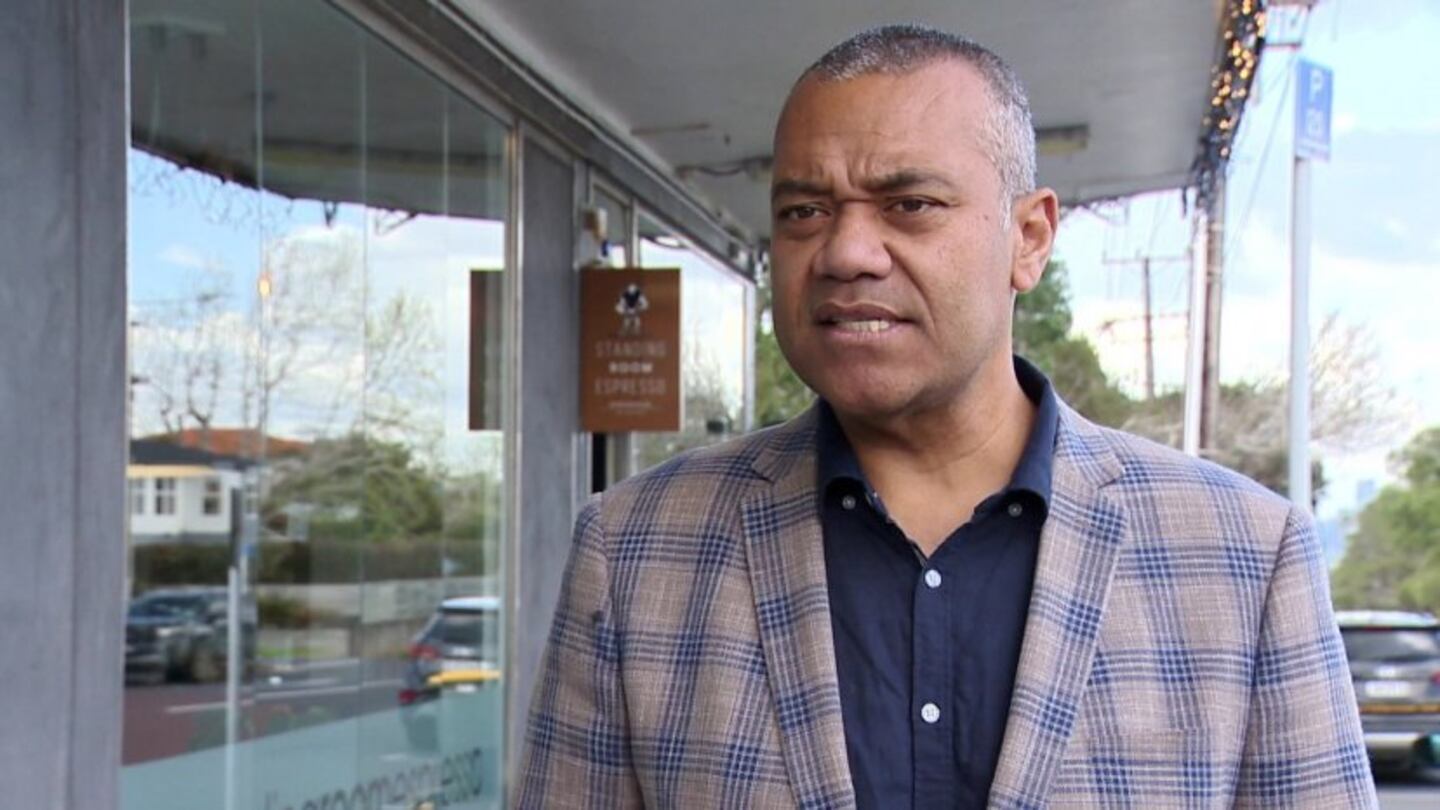Original story from Stuff reporter James Halpin.
Auckland mayoral candidate Efeso Collins has broken his silence since conceding defeat in October in an interview with Stuff, saying that one of the biggest issues he faced in the race was the colour of his skin.
According to Collins, research groups that cover candidates told him "quite clearly" it's something he would experience.
"I don't want people saying 'he's constantly pulling on the race card' but that was a reality for me and my team," he said.
The former Manukau councillor, of Sāmoan and Tokelauan descent, lost to the winner, right-wing Wayne Brown, for Auckland City's top job on election day on October 8.
“Unscientifically, as a team, there were a number of people, internal to the team and outside, who said that’s at least a 20,000 vote deficit that you come in with."
Recalling a moment meeting someone during his campaign, the person said that Collins "looked aggressive".
"I was standing there with my campaign manager and he couldn't believe what he was hearing. We had only been talking for a couple of minutes. Maybe, unfortunately, that kind of a story might summarise what that bit of feedback meant.
"For some people, a tall brown man represents something that makes them feel really uncomfortable. And we know from clinical psychology research around the world that that's how tall brown men are perceived often."
Collins not the only one
Collins wasn't the only candidate who experienced racial abuse or prejudice during his campaign, Asian candidates in the running had their signs vandalised. One candidate Hong Hu experienced it by taking a day off to celebrate Father's Day this year and seeing his and other Asian candidates' faces cut out from their signs.
New Conservative Party co-leader Ted Johnstone (Sāmoa) also had his signs vandalised and painted on while other candidate signs were left without a scratch.
Collins said that he wanted to demonstrate to young people that they could be treated equally and participate in politics, particularly Māori, Pasifika, and refugees.
“The next step might be someone else of a refugee background, an ethnic background, who will get up and we will always look at the merit of that person and hopefully they won’t get the feedback I did that the colour of their skin or their religious background will be a challenge.”


